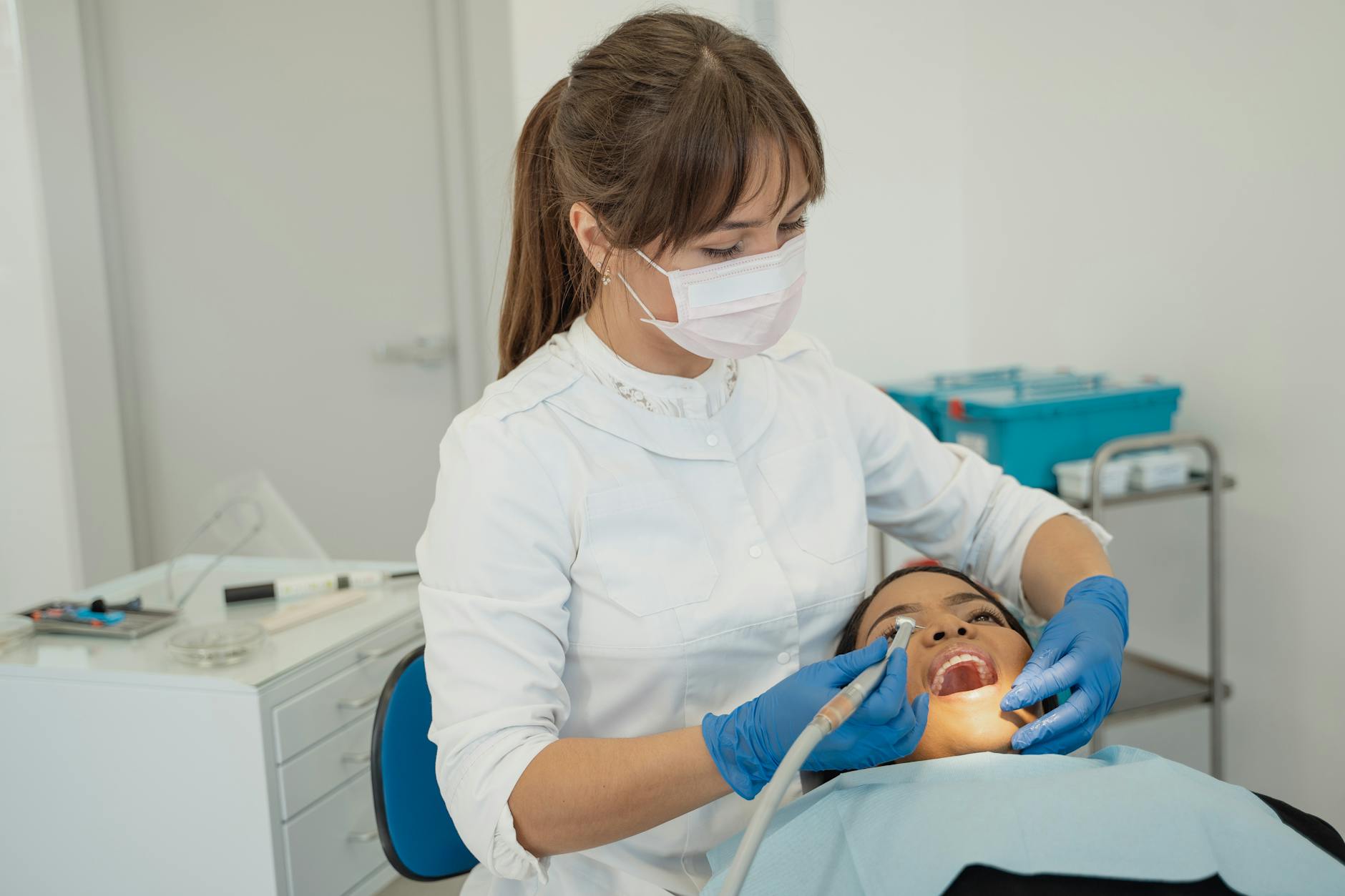
You see the smile before the words. The light hits enamel, not intent.
Your teeth become a signature, often without consent. A glimmer, a gesture, an assumption.
They represent you—long before your story gets told. Or heard. Or felt.
No one says it, but white means healthy. Bright means strong. Uniform means worthy.
Even if they don’t say it, they think it. And you feel it. Subtle, constant, unspoken.
That’s why the mirror matters more than we admit.
You begin to wonder if brightness equals belonging
The commercials promise confidence. The influencers promise glow.
You believe them—not because you’re naive, but because you’re human.
You begin checking your reflection at red lights.
Wondering if your coffee habit is painting a story you didn’t approve.
You smile less—not out of shame, but negotiation.
What do people see before they listen?
And when did white teeth become a prerequisite for being heard?
Not every shade of white is truth
Over-the-counter. At-home. In-office. Blue lights. Strips. Trays. Pastes.
The options multiply like secrets. Each one whispers improvement.
But they don’t say how your enamel might whisper back, too—
in pulses, zings, aches under cold water or quiet breath.
They rarely mention that whitening is subtraction, not addition.
That brightness can come from depletion.
That shine often arrives after something soft has been worn thinner.
There’s no mention of erosion in the marketing.
You think it’s just color, but your body keeps score
You feel a sting. A sudden throb. You ignore it.
Sensitivity becomes part of your new normal.
You adapt—drink through straws, switch to lukewarm, bite gently.
Pain becomes a small price for visibility.
But what else is being traded without your knowledge?
What is your mouth giving up in silence, just to appear brighter?
No one asks that. Not really.
Because the world sees the surface. You live beneath it.
Whitening becomes ritual, then expectation
It starts small. Once a month. Then once a week.
The glow fades faster. You reapply. The brightness becomes a benchmark.
A place you must return to.
And like all rituals, repetition becomes religion.
You start to wonder if you’ll ever feel “white enough.”
And then, if you should have to.
But the product is already in your cart.
It’s easier to chase shine than confront its cost.
The chair looks safe until your gums tell another story
The dentist smiles. You nod. Blue light beams down.
It feels clinical, but not cold. Clean, but not quiet.
You taste metal. You smell peroxide.
You try not to flinch. You remind yourself this is progress.
But your gums know tension. They retract. They redden.
Your soft tissue keeps the score your heart avoids.
Afterwards, your smile is louder—but your mouth is quieter.
Healing isn’t always part of the package.
“Whitening” becomes identity, not just enhancement
It slips into bios. Into dating profiles.
“Loves yoga, beach days, white teeth.”
As if brightness defines intimacy.
As if uniformity is a gateway to affection.
You joke about it, but you still reapply.
You say you do it for yourself, but you check others’ reactions.
You forget who you were before the strips arrived.
You don’t want teeth—you want acceptance.
The irony of “natural whiteness” is it rarely stays natural
You brush harder. You brush longer.
You believe effort equals effect.
But your toothbrush frays like your patience.
The enamel thins like your certainty.
You chase a look that never belonged to you.
One manufactured, filtered, lit from angles you can’t replicate.
But you still try.
And that effort goes unseen by the very people you try it for.
Whitening hides what care can’t fix
You feel good. Then you don’t.
You smile. Then you flinch.
Whitening works until it doesn’t.
It hides fatigue, but not fatigue’s root.
It conceals habits, but not health.
It improves appearance, not function.
And at some point, you must choose—between looking whole and feeling whole.
Because sometimes, brighter means emptier.
Your teeth were never meant to be lightbulbs
They’re tools. Bones. History.
They are not ornaments.
They carry your childhood—gum wrappers, popcorn kernels, pencil bites.
They carry your stress—clenching, grinding, holding back words.
They carry your silence and your expression.
They do more than shine.
They serve.
And they deserve more than bleach.
You whisper about regret but still reorder
You feel the difference. But you want the same.
You crave that sparkle. That approval.
The smile that buys time in conversations.
You say you’ll stop—next month, after photos, after that date.
But you still click “confirm.”
Regret becomes part of the cost.
And the mirror never argues back.
Just reflects whatever you’ve agreed to believe.
“White enough” is a lie dressed as a goal
There is no enough.
There’s just more. Then maintenance. Then touch-up.
It moves like a treadmill.
Your smile becomes a subscription.
And no one talks about the burnout.
Because it’s hidden in your jaw, your wallet, your quiet flinches.
But it’s there—behind every “wow, your smile is stunning.”
And you nod, but feel less each time.
Not all stains need to be erased
Some tell stories—of coffee shared, of berry summers, of laughter.
Some mean living.
Whitening erases more than discoloration.
It erases evidence. Texture. Identity.
You bleach not just pigment, but memory.
And you realize too late that brightness isn’t always clarity.
Sometimes, it’s absence.
And absence never glows the way you hoped.
